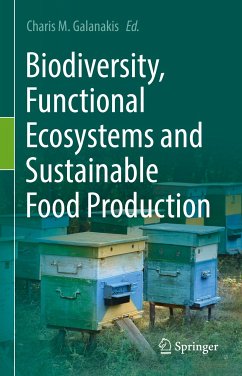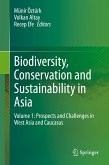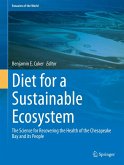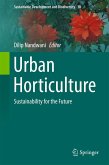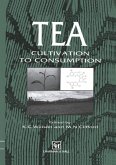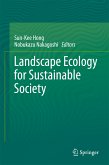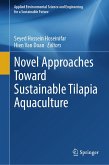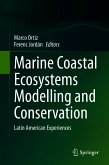Biodiversity, Functional Ecosystems, and Sustainable Food Production explore ecosystems in terms of crop and animal production, pest and disease control, nutrient cycling, and soil fertility. Chapters range from agro-biodiversity to antimicrobial use in animal food production to microbiome applications for sustainable food systems and the impacts of environment-friendly unit operations on the functional properties of bee pollen. By examining such topics about each other, the text emphasizes how food production, ecosystem function, food quality, and consumer health are all interconnected.
Dieser Download kann aus rechtlichen Gründen nur mit Rechnungsadresse in A, B, BG, CY, CZ, D, DK, EW, E, FIN, F, GR, HR, H, IRL, I, LT, L, LR, M, NL, PL, P, R, S, SLO, SK ausgeliefert werden.

